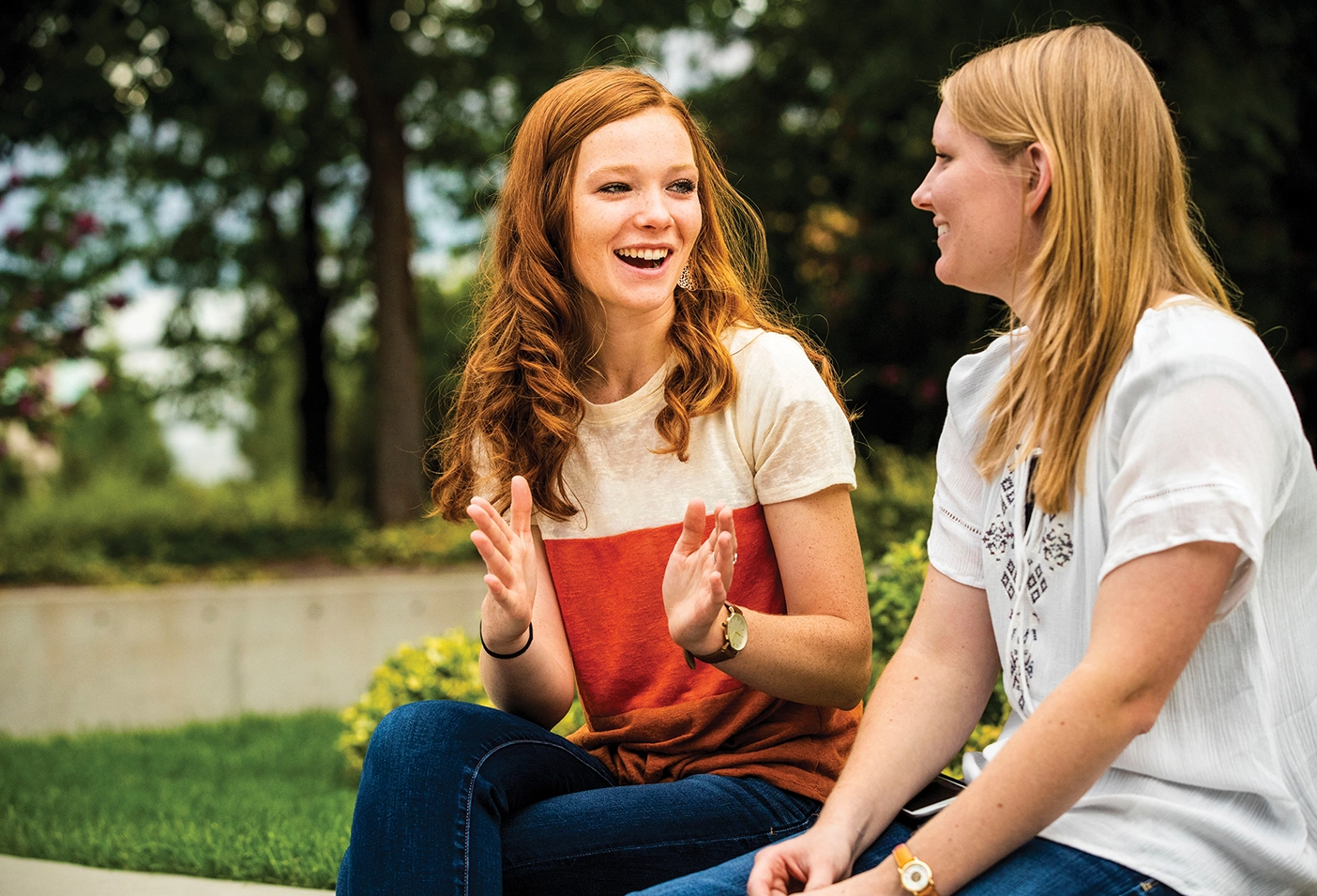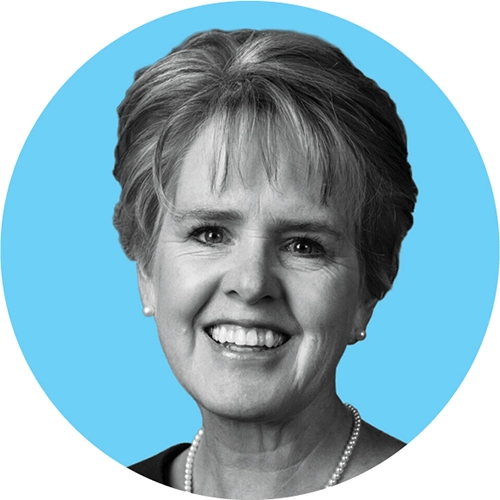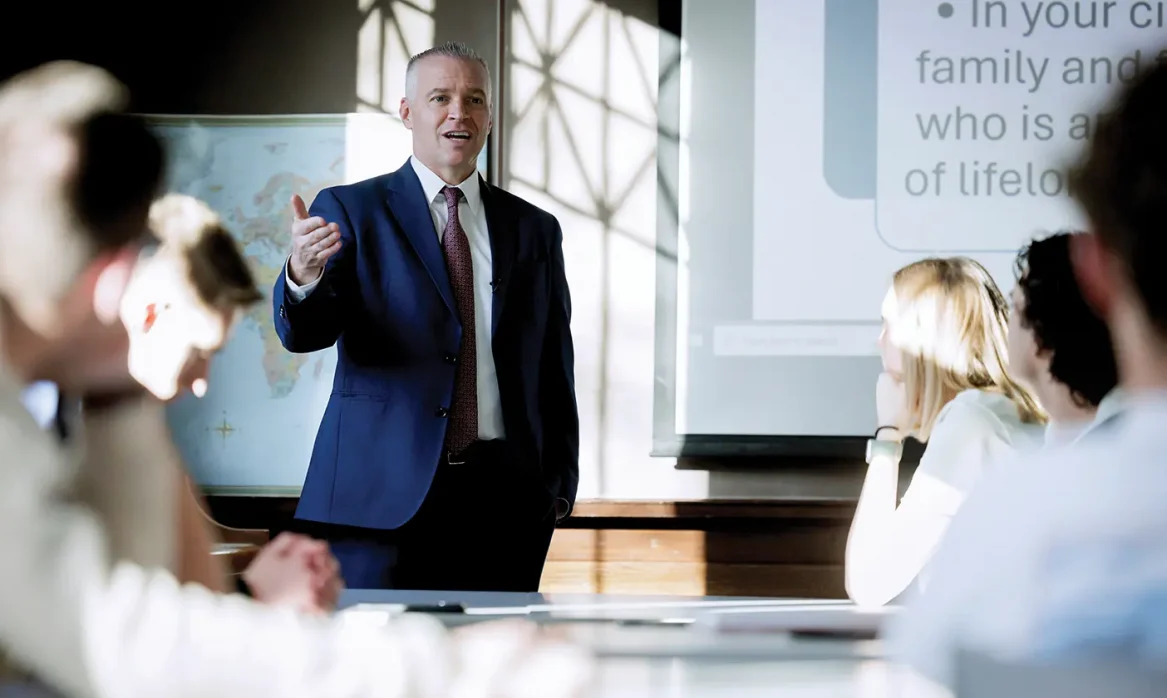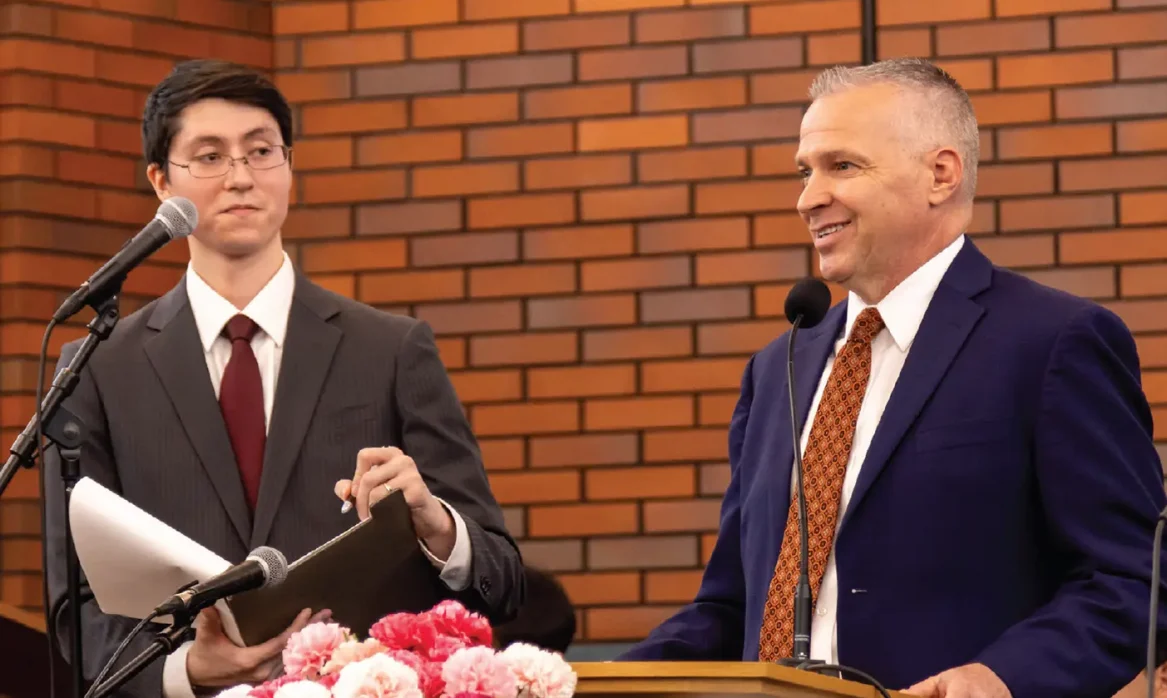A new course and initiative prepare students for success at BYU and beyond.

On a chilly November night, I sat with 15 BYU first-year students in a movie theater, watching The Best Christmas Pageant Ever. That semester I taught these students in a section of University 101, BYU’s new course for student success.
“Hey! Unto you a child is born,” Gladys Herdman declared from the screen.
“Unto you,” I thought, looking at my Univ 101 students, “each one of you.” If my students took away nothing else from our semester together, I hoped their faith in Jesus Christ and His restored Church had been strengthened.
University 101: BYU Foundations for Student Success—commonly called Univ 101—is the core of BYU’s new student success initiative,1 the guiding principles of which include Christlike ministering, accountability, covenant belonging and relationships, inspiring learning, and student support. While many universities offer student success courses for incoming first-year students, BYU is taking a different approach that leans into President C. Shane Reese’s (BS ’94, MS ’95) Becoming BYU2 priorities. The required course for first-year students is about more than just surviving school; it is also about students building faith in Jesus Christ and His restored gospel, accessing campus resources, connecting with classmates and experiencing covenant belonging, and having the BYU Mission and Aims planted deep in their hearts.
In Univ 101 new students are not just another number; each is known by name and cared for by at least two individuals at BYU: the faculty member who teaches the class and an assigned peer mentor. And class discussions and activities help students quickly develop a network of peers to rely on.
Students are thriving in Univ 101. Nearly all of the more than 5,000 first-year students who took the course during fall 2024 remained enrolled at the university—a success that exceeded our expectations. Beyond enrollment, we’re seeing Univ 101 help students navigate college life, from a peer mentor demonstrating how to submit assignments online to another walking a struggling student to Counseling and Psychological Services to make an appointment. One student facing financial concerns and visa issues was able to stay at BYU after the professor pointed out campus resources. When students in one Univ 101 class noticed a classmate was absent, several immediately texted him to check in.
In my section one student described attending a volleyball game early in the semester alone, standing at the edge of the student section all night. Following a class discussion on building covenant belonging, he took a different approach for the next game. This time he went with friends, and he reached out to five others who were alone in the crowd. He said, “It took me thinking of more than myself to find them. . . . All five people I invited accepted the invitation, and we had a great time. . . . I was spiritually edified and felt good for doing something Christ would do!”
As my class left the movie theater that November evening, my heart swelled with love for my students. I wished I could turn back the clock a quarter-century and start my teaching career anew; I would do things differently. I would love students more and be more intentional about using gospel methodology3 in my teaching.
Lingering in the lobby, we shared hugs and took photos. “Hey!” I wanted to shout. “This is, and you are, the best class ever!”

Rosemary Thackeray is the BYU assistant to the president for assessment and planning.
Notes
1. See success.byu.edu.
2. See aims.byu.edu/becoming-byu.
3. See President Spencer W. Kimball, “The Second Century of Brigham Young University,” speeches.byu .edu/talks/spencer-w-kimball/second-century-brigham-young-university.













